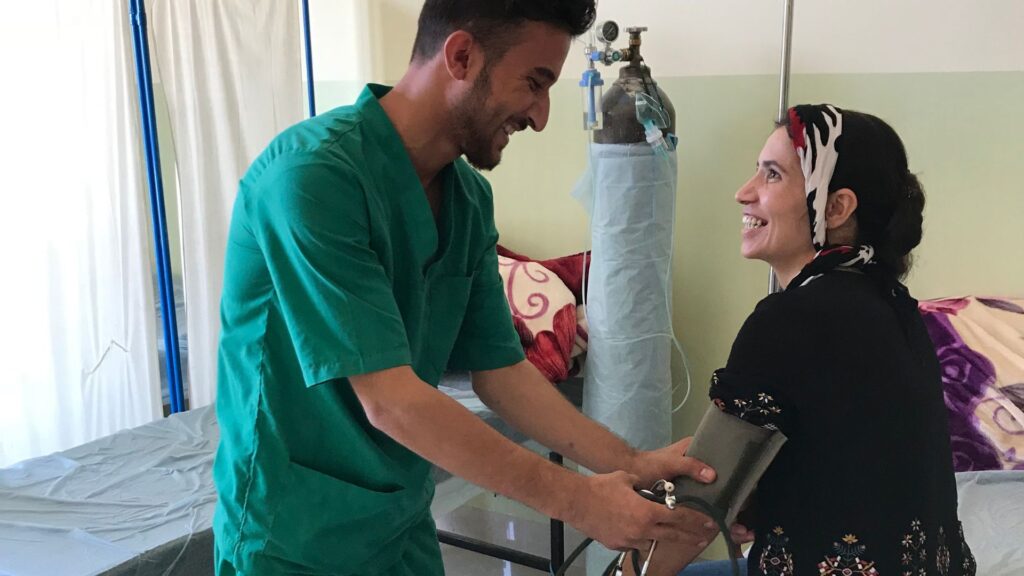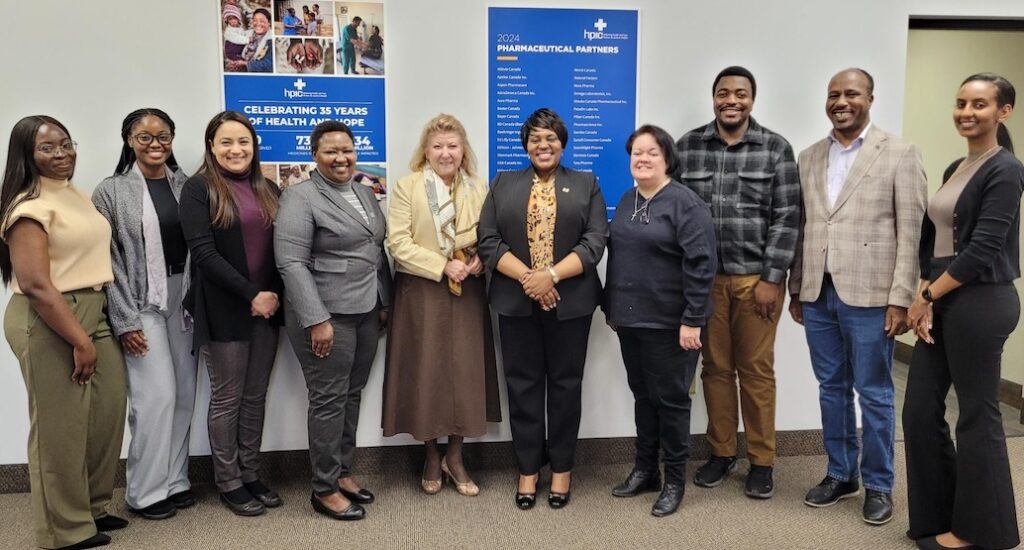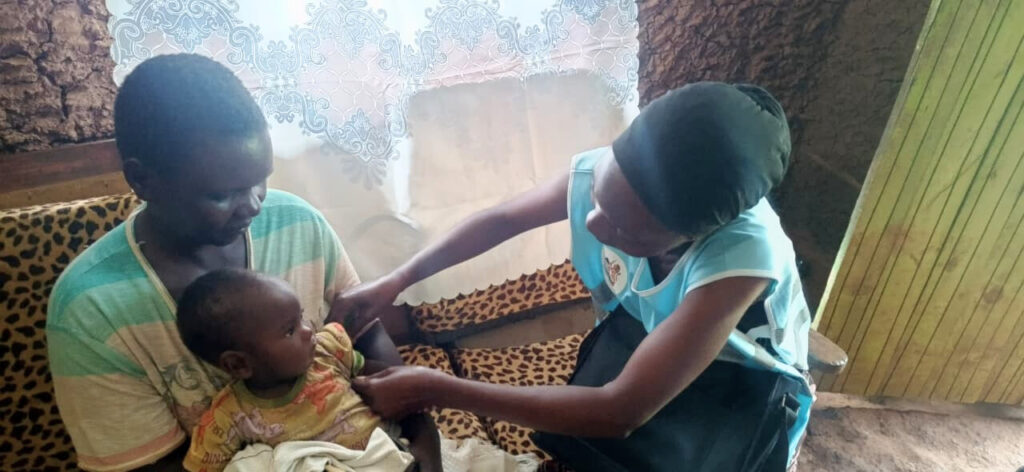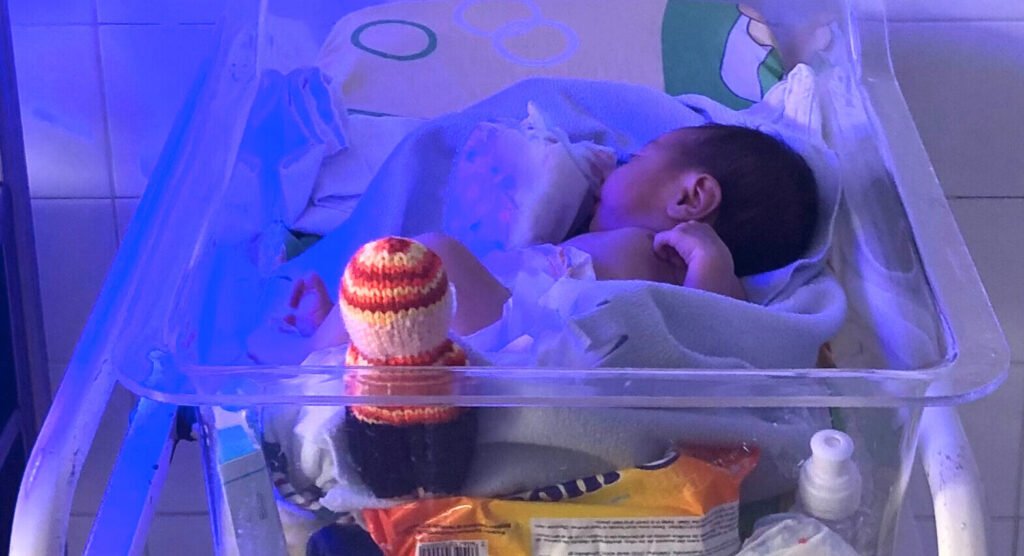Syria has the highest number of internally displaced people in the world, estimated to be around 6.8 million.
The country has been facing an ongoing humanitarian crisis for over 12 years, due to the country’s brutal civil war.
On February 6, 2023, two subsequent earthquakes and many aftershocks caused major destruction in Syria and Turkey. More than 50,000 people were killed and another 3 million people were displaced. The earthquakes struck at a time when the crisis in Syria was at its worst since it began in 2011.
Following the earthquake, the healthcare challenges in Syria and Turkey have significantly worsened. Infrastructure damage included hospitals, medical clinics and ambulances. There was already a shortage of medical personnel in Syria, and the recent disaster placed immense strain on healthcare facilities in safer regions. Adding to the complexity, the earthquake primarily struck the most vulnerable cities, leading to the displacement of millions more people who now reside in shelters where living conditions foster the spread of diseases. Collectively, these factors have resulted in compromised health conditions, a scarcity of medical supplies, and a growing number of individuals in need of medical assistance and healthcare services.
In the aftermath of the earthquake, HPIC quickly coordinated a response with local partners working in the affected regions. Our initial response delivered over $350,000 in primary care medicines to both countries, impacting over 17,000 people in need of medical care.
Today, the UN estimates that there are over 15 million vulnerable people in Syria and Turkey who are still in dire need of humanitarian assistance, including access to healthcare. HPIC will continue to look for opportunities and partnerships to support the people of Syria and Turkey with essential medicines. Our work continues, one shipment at a time.





